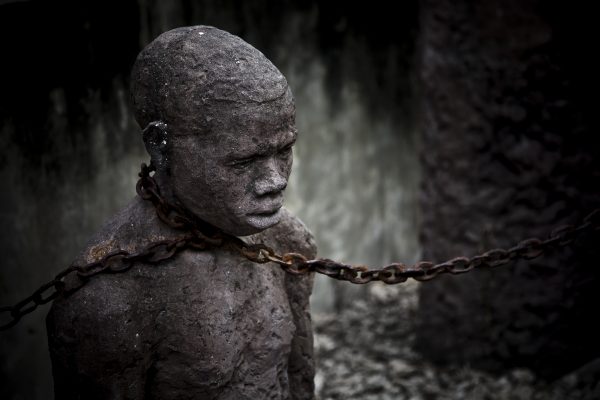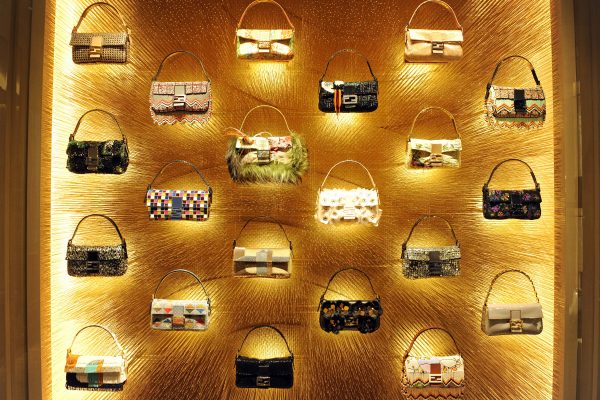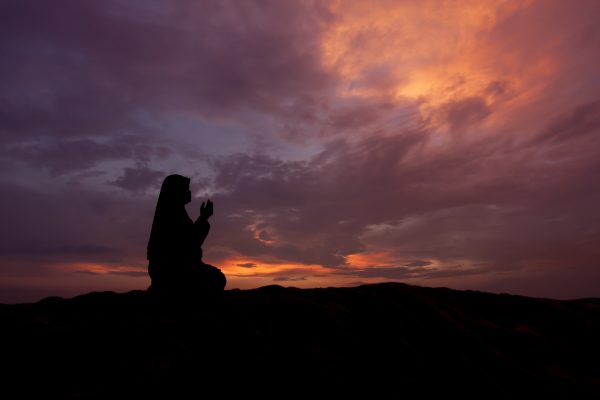Despite having riches and stature, the truth of Islam shone through to Lady Evelyn. She was from a class of people known for pomp and grandeur, yet she chose the path of humility.
Despite having riches and stature, the truth of Islam shone through to Lady Evelyn. She was from a class of people known for pomp and grandeur, yet she chose the path of humility.
Abdullah Quilliam. Muhammed Pickthall. Lord Headley.
These three titans are seen as emblematic of the origins of British Islam, pre-dating the flow of migrants that characterises today’s British Muslims. Peculiarly, our collective conscious has excluded a most notable addition to the pantheon of British Muslim forbearers. Her name is Lady Zainab (formerly Evelyn) Cobbold. Reflecting upon her life and her work unveils gems of wisdom of how we can navigate our complex context.
Who was Lady Evelyn Cobbold?
Lady Evelyn Cobbold was a Scottish-born aristocrat, living between 1868 and 1963. Her rich heritage afforded her the opportunity to take up deer-stalking, which she proved to be prodigious at. She was a renowned traveller, following in her father’s footsteps. It was in her early travels as a child that the seed of faith was planted, which later blossomed into a tree of conviction:
‘As a child I spent the winter months in a Moorish villa on a hill outside Algiers… my delight was to escape my governess and visit the Mosques with my Algerian friends, and unconsciously I was a little Moslem [sic] at heart…’
Interestingly, it isn’t entirely clear when Lady Evelyn accepted Islam. The above quote suggests that she saw her Islam as an innate disposition (i.e. fitrah). Given that her Arab friends began to address her as ‘our sister in Islam’ and ‘Lady Zainab’ from 1911, and that she pressured Marmaduke Pickthall to publicly express his Islam in 1914, we can surmise that she became a Muslim between these years. But, in her own words:
‘I didn’t know when the truth of Islam dawned of me.’
We understand why she came to accept Islam in the Pilgrimage to Mecca, the most notable of the three books she published during her life. In this Hajj diary, she claimed the moniker of the first European woman to enter Mecca. It was during her travels that she became acquainted with (Abdullah) St John Philby, the renowned traveller. She was also acquainted with other notable Muslims such as Abdullah Quilliam, Muhammed Pickthall, and Lord Headley, making her part of the unique group of influential early British Muslims.
The mention of Lady Evelyn’s contemporaries is not to highlight them; it is rather to draw attention to the absurdity of our neglect of Lady Evelyn. She should rightly be seen as an inspirational forbearer of the British Muslim community.
‘The first European woman to enter Mecca’
Lady Evelyn claimed the moniker of the first European woman to enter Mecca in her book, Pilgrimage to Mecca. Scholars disagree whether this is true or not, but what can be said with certainty is that she is the first European woman on record to enter Mecca. She wrote a diary of her pilgrimage in 1933, publishing it later. For all the novelty of its premise, Lady Evelyn’s Hajj was not unusual from what a pilgrim would typically experience. Still, her diary contains emotive and poignant descriptions of Hajj:
‘If I never see Arabia again, always will live the cherished memory of these wonderful days, of Mecca alight with the torch of a living faith, of Medina and its gardens, its peace, its charm.’
Lady Evelyn’s Dawah
The real value in Lady Evelyn’s diary was how it was an effort of dawah. She wrote and published her diary specifically to tackle toxic misconceptions about Islam, in a period in which huge swathes of the Muslim world were subjugated by the yoke of colonialism. To this end, her diary contains many passionate monologues about Islam.
On Islam and women’s rights, she wrote:
‘The improvement effected in the position of women by the Great Prophet of Arabia has been acknowledged by all unprejudiced writers, and it is false calumny to assert that the Islamic system lowers the status of women and denies them a soul’.
Lady Evelyn, however, was not an uncritical observer of the Muslim world. She critiqued the purdah system of South Asia, whilst clarifying the misconceptions around the harem system of the Arab world. This nuance would have helped stave off criticisms of her being brain-washed during her travels.
Lady Evelyn also highlighted the debt that the West owed to Islam through its advancement of science and medicine:
‘It will be remembered that the Moslem [sic] physicians were the first to establish hospitals in which the patients were grouped in separate wards according to their diseases …’
Highlighting the feats of Muslim civilisation during an era of intellectual and political turmoil for the Muslim world shows the depths of Lady Evelyn’s convictions, and her remarkable ability to repel the zeitgeist.
This was likely due to her attachment to the Quran, and therefore the spirit of Islam. She showed great admiration for the beauty of the Quran:
‘The simple grandeur of the diction, the variety of imageries, the splendour of the word painting differentiates the Koran [sic] from all other scriptures…’
Indeed, her attachment to the Quran was so deep, that she specified in her will to have the Verse of Light (24:35) inscribed on her grave.
What we learn from Lady Evelyn
There are many lessons that we can derive from Lady Evelyn. One powerful lesson is her brave dawah. Inspired by a deep sense of conviction, Lady Evelyn’s entire project of documenting her pilgrimage was to combat toxic views held against Islam. She does so with great eloquence and grace, with skilful and well-crafted monologues defending Islam.
Importantly, Lady Evelyn was not combative in her stance towards Christianity and did not needlessly lambast it. She was seeking a positive dialogue. This would have taken considerable bravery in a time in which Muslims were an absolute minority, even by today’s standards, and when much of the Muslim world was subjugated by the British Empire.
Her diary was positively reviewed by the press, suggesting that she was successful in her endeavour. Sir Andrew Ryan, a British Diplomat did not, however, review her book favourably, but his review was riddled with racist undertones. It’s a mark of success when antagonising personalities are irked by a word of truth.
This is an important lesson for us. We learn that the caller to Islam must be brave in speaking the truth when they are in the minority; they should be intelligent and articulate in construing Islam in a positive light when wider institutes seek to do the exact opposite; and they should seek to make their message relevant by being cognizant of the religious and intellectual climate of their contemporaries. Lady Evelyn had all of these characteristics and many more.
Lastly, what we learn from Lady Evelyn is the universal appeal of Islam. Despite having riches and stature, the truth of Islam shone through to Lady Evelyn. She was from a class of people known for pomp and grandeur, yet she chose the path of humility. Whilst Lady Evelyn’s reversion to Islam may seem an oddity, it is but another reminder that Islam is humanity’s innate religious disposition, and so it will forever hold sway over our hearts and minds, for all people, at all times.
God is the Light of the heavens and earth. His Light is like this: there is a niche, and in it a lamp, the lamp inside a glass, a glass like a glittering star, fuelled from a blessed olive tree from neither east nor west, whose oil almost gives light even when no fire touches it- light upon light- God guides whoever He will to his Light; God draws such comparisons for people; God has full knowledge of everything-
Surah Nur, Verse 34 [Abdul-Haleem]





